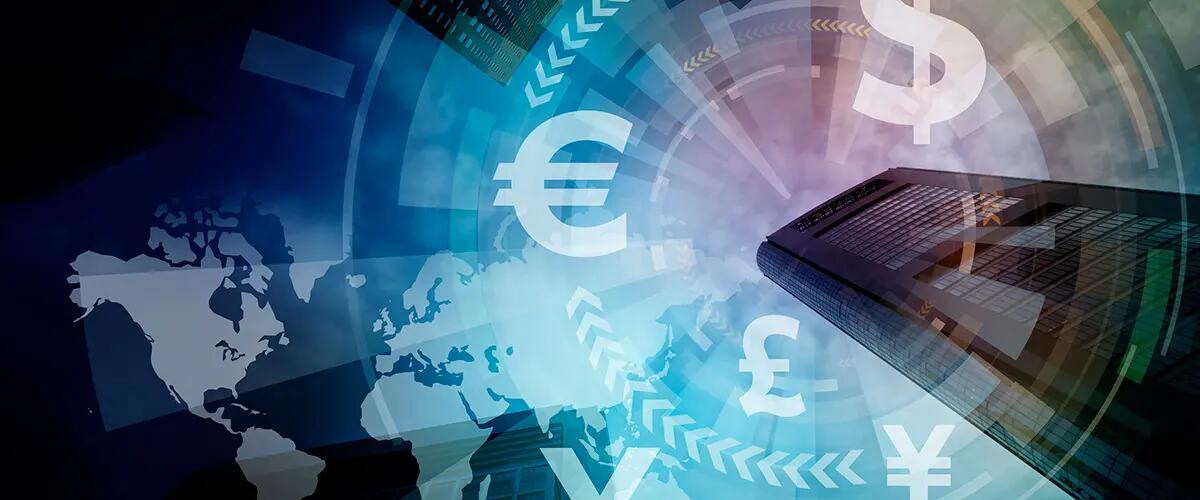
Photo Credit: ThinkstockPhotos-chombosan
Why stock market is rising despite Europe downgrade, US deficit, and hurting investment banks
By Farrokh Langdana, Director, Executive MBA Program & Professor of Finance and Economics
Faculty Blog: macrobuddies.blogspot.com
Europe, including Germany, has been downgraded; the US deficit is non-sustainable and has been so for about three years; and our banks and investment houses—the beneficiaries of the Great Betrayal that followed the Great Recession—are finally hurting. And yet, why is it that the stock-market has posted a gain! What gives?!
It has stopped making sense since 2008. Federal Reserve Chairman Ben Bernanke has confused “liquidity crisis” (which existed in the Great Depression as banks failed due to massive runs on them), with “liquidity trap” which exists now and is caused by a severe collapse in confidence by borrowers and lenders, and not, per se, in banks having insufficient funds (as in the Great Depression). This is not a personal revelation—92-year-old Anna Schwartz, who wrote the definite Monetary History of the United States with Milton Friedman, points this out to Ben in a Wall Street Journal article.
This confusion on Ben’s part has led to the unprecedented increase in monetary growth in the US since 2007. And it is this that is driving up the stock market. Money is like water—it has to flow somewhere. Beware a market pumped up mainly by green pieces of paper.
When designing the Fed, we took care to ensure that a “firewall” existed between the money creating people (The Fed) and the government spending people (the Treasury). This was , of course, to prevent runaway spending from being simply monetized by money creation; which would of course lead to hyperinflation, and who wants that?
But there should have been another firewall that is now conspicuous by its absence – a firewall between the Fed and the private banks that own each Federal Bank. The Fed is owned by the banks in each district—it is a private institution. There is nothing “Federal” about the Fed—it is as “Federal” as Fedex, or Federal Pizza. By not building a firewall between the Fed and the banks that own it, we left the door open for the Great Betrayal.
The Fed under Ben and Greenspan before him, simply “looked out” for the private banks by having taxpayers hold the bag on all the questionable subprime loans that they had made—QE1 and QE2, unbelievably huge monetization incurred by simply buying up the toxic debt and creating money, were the result of this giveaway. Regular working people, “Granny,” endured zero percent on her savings account for several years, while rogue financial institutions got this Fed-created money and lent it out at 6% and then rewarded themselves with bonuses—welcome to the Great Betrayal and the ensuing collapse in confidence in main street USA compounded by depressed housing and low employment.
So what lies ahead? Unfortunately I do not have a macroeconomic response. The next battle will be a largely non-macro one. It will be between our kids and the kids in Asia and Europe and the rest of the world. Do our kids have the ability to innovate? To work hard? To be able to imagine and create? Can they handle setbacks? Criticism? Misfortune? In short, do they “have what it takes to compete in a global economy?”
And what can we do to fix the education system, as we fall behind in virtually every statistic concerning education at the high-school level. Is the answer embedded in grassroots movements like the one started by Rutgers EMBA Dr. Steve Chappell, who, along with wife, Dr. Margaret-Anne Chappell, founded and funded the Stars Challenge program designed to get bright kids in contact with gifted teachers? Or should Uncle Sam make the retooling of our kids the #1 priority?
All is not lost. We in the US actually have one small shining window of opportunity right now. As India and China (and soon, Brazil) slowdown, more hot capital will return back to the US. This is our lifeblood. Without a significant capital inflow coming into this country every day, we are done for. So the capital will flood back in as the Asian economies lose some of their glitter. This is our moment to fix our deficits, to enforce fiscal rectitude, to recreate the Ecosystem for innovation that brought us our breakthroughs in the past, and to remember that this country simply has to bounce back.
Press: For all media inquiries see our Media Kit


